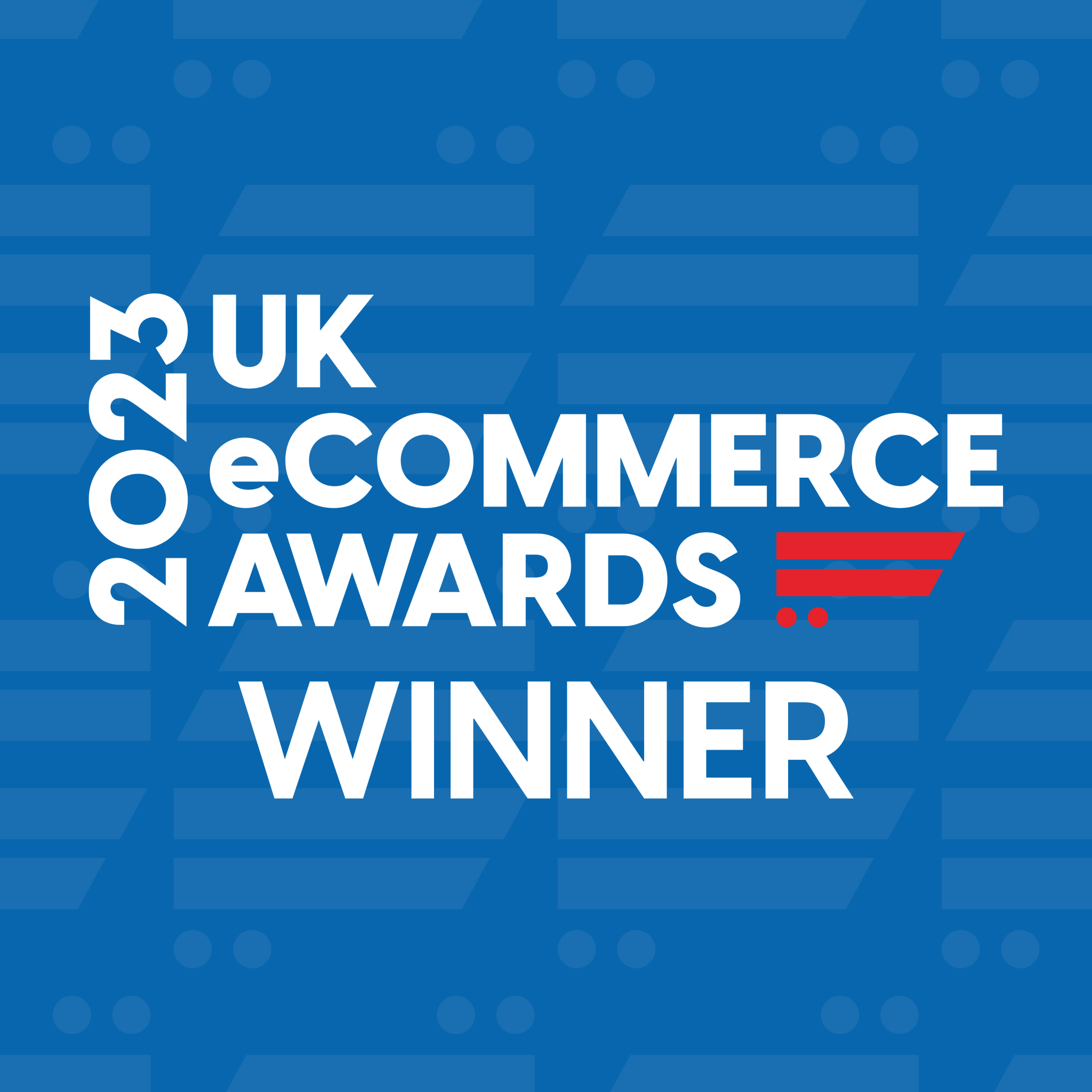If you’re in the digital marketing world, you’ve undoubtedly heard that getting backlinks from other websites is crucial for SEO. It’s important to utilise anything that can help to boost your website’s search ranking, so we’ll shed some light on why links are so important and teach you how to build them yourself.
Why are links important for SEO?
Building backlinks to your website (getting other websites to link back to yours) sends out a trust signal to Google that your website has good authority, and therefore should be ranked higher. However, this depends on the type and quality of the website that posts the link. Essentially, if a quality website which Google trusts links back to your site, Google determines that you too are a quality website, so should be ranked higher. You can work out the quality of a website by checking its domain rating on websites such as Ahrefs or Moz: the higher score the better.
However, Google can also penalise for backlinks which it sees as unnatural. For example, spamming forums, creating tonnes of directory listings, paying bloggers on fiver to link to your website are unnatural ways to build links, which in turn will lower your position on Google. It is far better for SEO to secure a few strong links a month than to build hundreds of low-quality backlinks in a short space of time.
Hence, you should always ensure that links have a natural connection to your business, which you can achieve with the following techniques.
Brand reclamation
It’s always great exposure when a publisher features your brand in their article, though sometimes they will mention a brand without linking back to the brand’s website. Whilst this can be frustrating, it’s easy to maximise this opportunity and secure a link from a high-quality website. Most of the hard work has already been done because a journalist has already noticed and written about your brand. Simply drop them an email thanking them for featuring your business and request a link to your website be added to the page in case their readers want to find out more.
Tracking brand mentions online is very easy to set up so that you don’t miss these opportunities. There are several web-monitoring tools that help you do this, such as Google Alerts (free), Ahrefs alerts and Gorkana. Some publications may have editorial policies not to include external links, but it’s always best to email and check.
Media tools
Now that GDPR is in place, media databases with opted-in contact details of journalists are more important than ever for sourcing good quality PR opportunities and contacts. There are a variety of tools you can pay for, as well as free databases that scrape public email addresses from across the web.
One relatively cost-effective way to find feature opportunities is through journalist alerts. These are email alerts that journalists send out to source contacts or information for the features that they are writing. You can then respond to queries that are relevant to your brand, offering information, images, product reviews or quotes. Not only do these tools allow you to effectively build links in a natural way, but they also allow you to develop relationships with key journalists in your market without the need of a pricey media database. Building your own database of journalists that you have successfully worked with makes it easier to work with them again in the future, as you can either contact them with valuable content or they may contact you with relevant upcoming features to you.
Local links
Big-budget content campaigns can bring in a lot of high quality links, but exploring your local link opportunities can also be a good cost-effective way to build links on a smaller scale. Investigate whether you have any current connections that you could source a link from. Is your Managing Director an alumni of a prestigious university? If so, perhaps they could make a donation or share their business expertise on their website. Is there a local charity you could work with? Or a local group linked to your industry? Explore current connections that your staff and management have to see if there are any natural links that could be secured by sending an email.
Competitor analysis
If a key competitor outranks you for several of your keywords, performing an analysis of where their links are coming from is a great way to see what kind of outreach work they are undertaking. Tools such as Ahrefs enable you to identify which publications your competitors are receiving links from, as well as spark ideas for potential outreach content.
Are there any high quality review websites that your competitor has a link on? If they do and your brand doesn’t, then this can be an area to explore. Do they have any links from high quality bloggers? Again, if they do then you can contact the blogger who wrote the article to introduce your brand and highlight what you can offer them, should they be planning any articles which you could contribute to.










